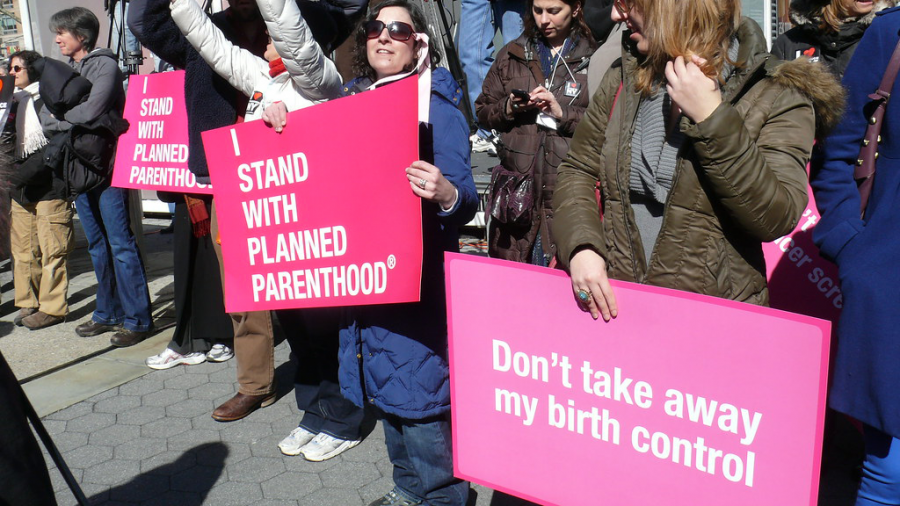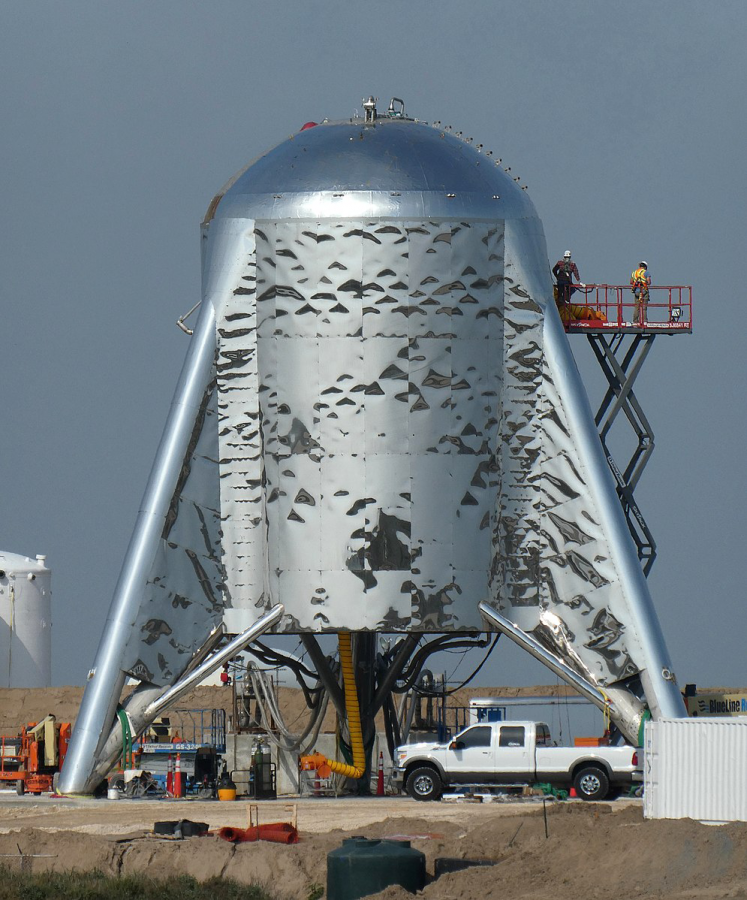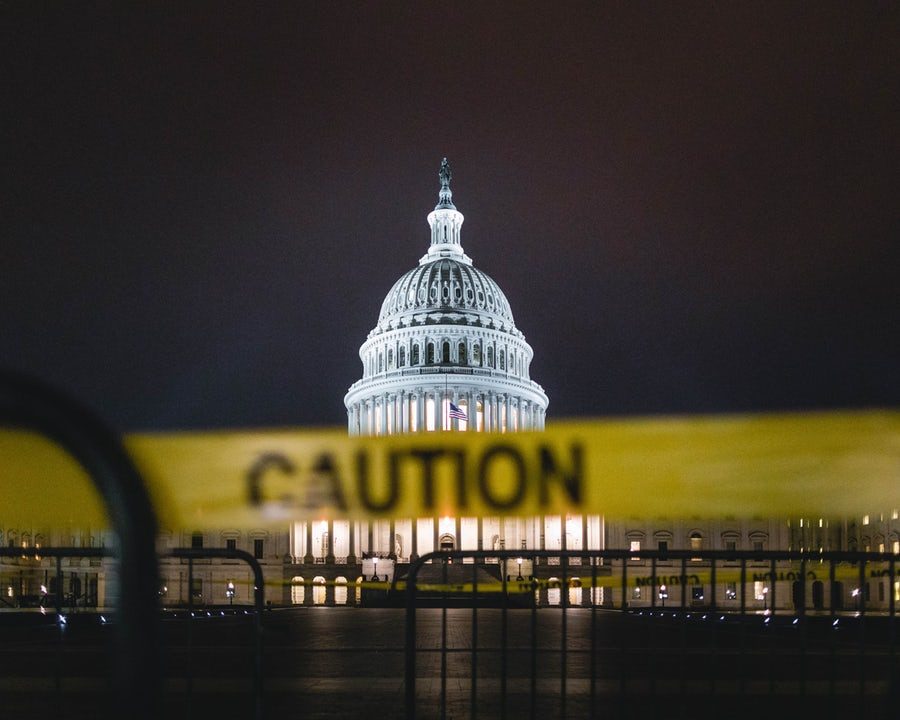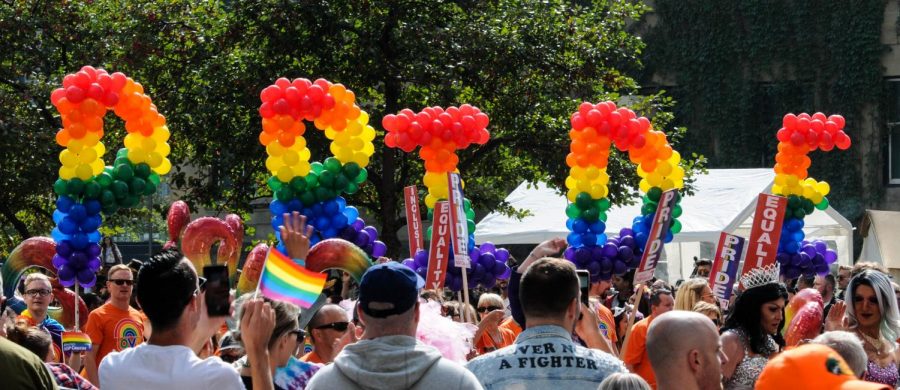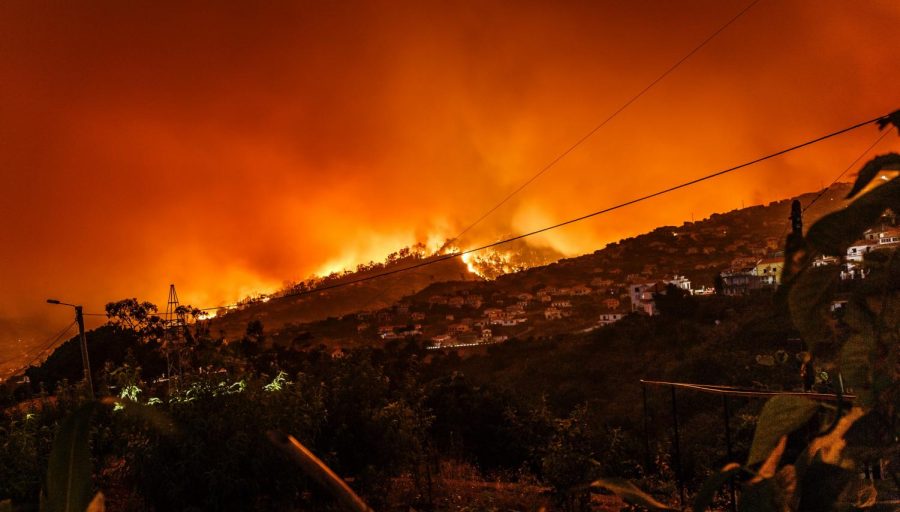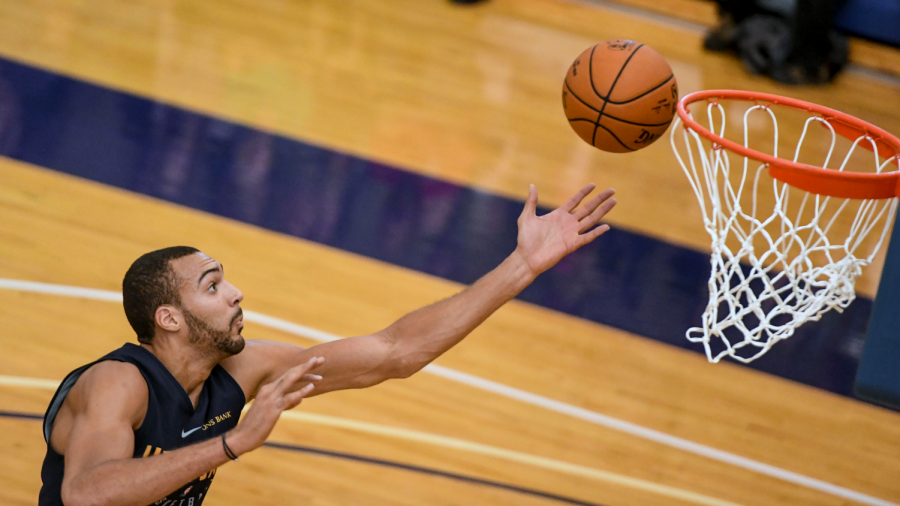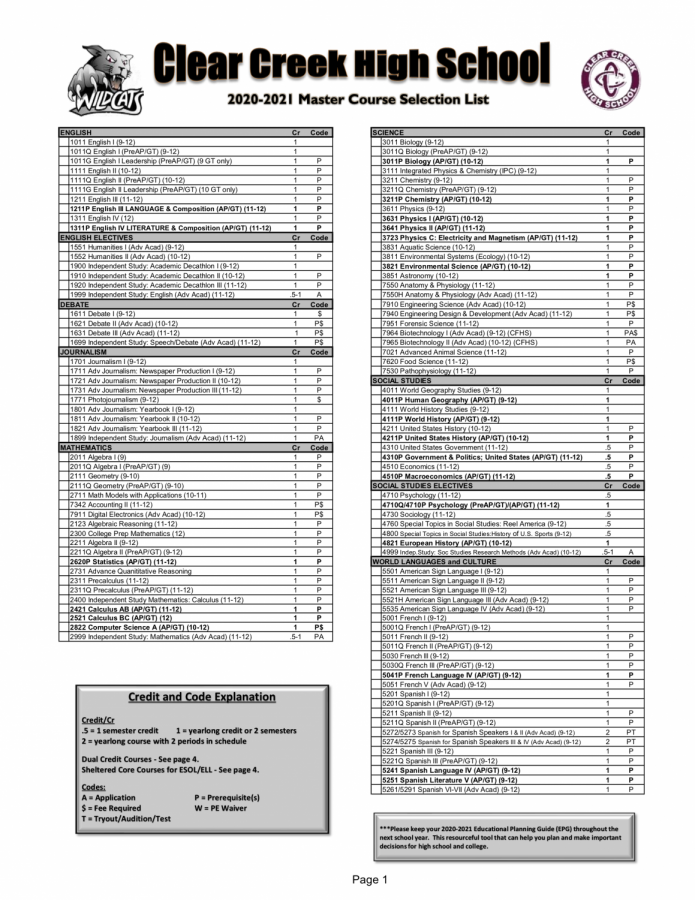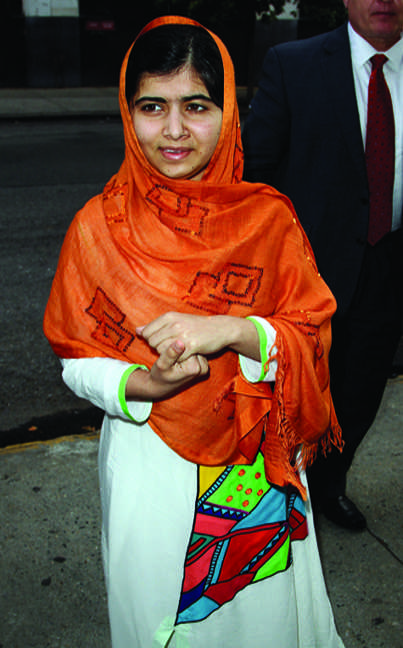Malala becomes youngest Nobel Prize winner at 17
November 5, 2014
Going from an unknown face in the Swat Valley of Pakistan to the humanitarian icon of children’s education, Malala Yousafzai has now become the youngest Nobel Peace Prize winner at the age of 17. The young activist, who was shot by the Taliban for speaking out against limitations on girls’ education, was excited to hear the news in the middle of chemistry class.
“I was totally surprised when [my teacher] told me ‘Congratulations, you have won the Nobel Peace Prize’,” Malala said. “I’m proud that I’m the first Pakistani and the first young woman getting this award. I think this is really the beginning.”
Malala, who was also nominated for a Nobel Prize last year, shares the prize with Indian children’s rights activist Kailash Satyarthi. After accepting the award, she continued through her school day and received several congratulatory praises from her classmates.
“This is really an encouragement for me to go forward and believe in myself and know that there are people supporting me,” Malala said.
Malala first attracted media attention in October 2012, when the Taliban attempted to assassinate the activist for speaking out about the importance of girls’ education. She began advocating at the age of 12 and appeared on social media and talk shows. By the time she was 15, she was one of the biggest threats to the Taliban-controlled Swat Valley, and Taliban leaders began sending her several death threats. Then, when Malala was riding the school bus home, an armed assailant stopped the bus and shot her in the head and shoulder.
Malala was immediately airlifted to a hospital in Peshawar, and later taken to Queen Elizabeth Hospital in Birmingham, England, where she made a full recovery. She now lives in Birmingham—unable to return to Pakistan due to the Taliban threat—and attends an all-girl private school.
Many of her friends and family in Pakistan are proud of her achievements, and Prime Minister Nawaz Sharif congratulated the young woman.
“She is [the] pride of Pakistan, she has made her countrymen proud,” Sharif said. “Her achievement is unparalleled and unequaled.”
However, Malala’s growing popularity has caused resentment in her hometown of Mingora, as her former school and many other schools are still being neglected by the government and receive no funds or supplies.
“It’s all Malala, Malala, Malala,” Saima Khan, Malala’s former math teacher, said. “There are hundreds of people who have sacrificed everything and lost everything. No one has given them anything.”
The hatred is not directed at Malala specifically; rather, they are disappointed at the lack of progress that they thought would come from her fame.
Malala knows full well that her campaign for children’s education is not over, and has actually just begun. Although many countries have made great strides in education, there is still much work to be done.
“I want to see every child going to school,” Malala said. “There are still 57 million children who have not received education.”
Malala published her memoir I Am Malala and started the Malala Fund, which will support education for girls around the globe.
“This award is for all those children whose voices need to be heard, and I speak for them and stand up with them and I join them in their campaign,” Malala said. “Their voices should be heard. They have the right to receive quality education and live a happy life.”




